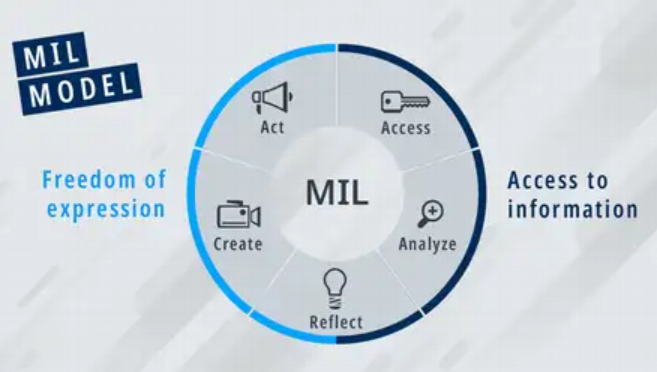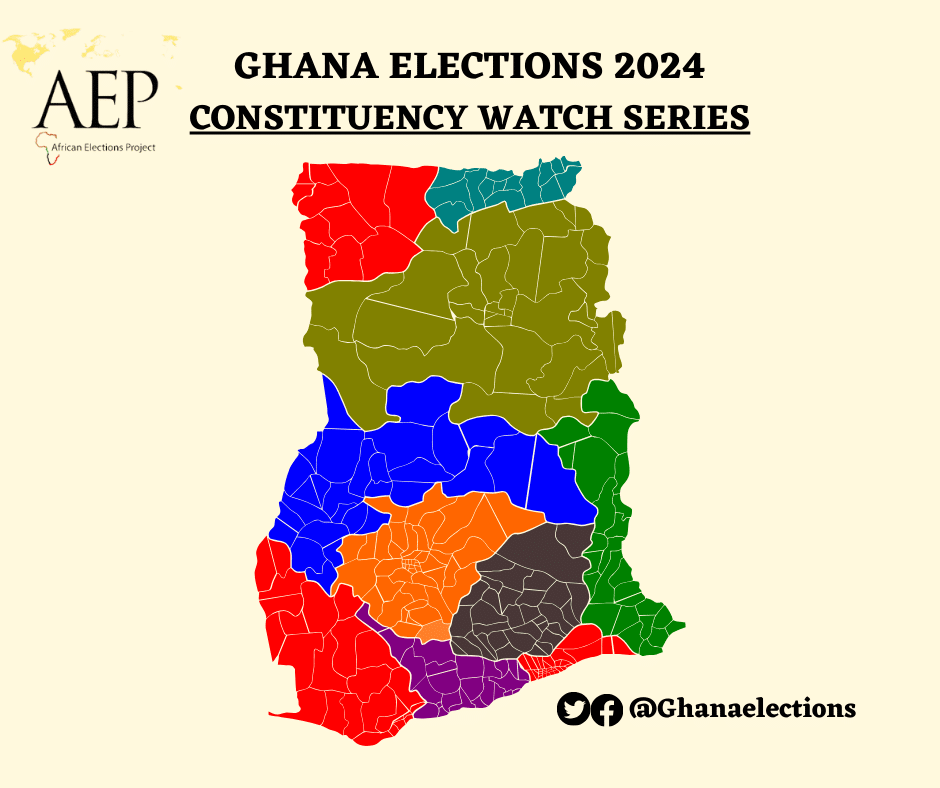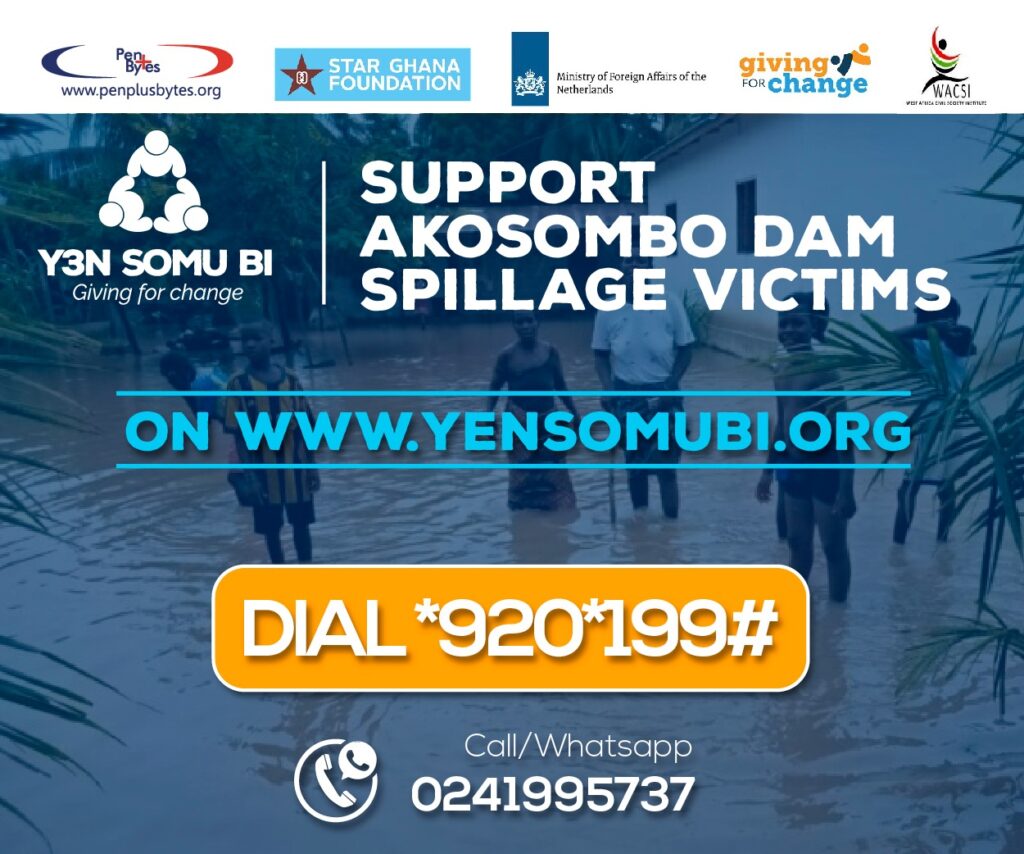So far, Ghana’s digital revolution has been remarkable. Today, almost every sector of the Ghanaian economy is undergoing some form of digital revolution. From agriculture to medicine, to media, transportation, tourism, banking, mining, and even in our personal lives, it is evident that the digital realm has become an integral part of it.
Indeed, the introduction of digital technologies has made the conduct of business and living generally easier and more efficient, and this, coupled with the proliferation of social media platforms, smartphones and other digital technologies, has opened new doors for Ghanaians. However, as we progress further into the digital era, challenges such as misinformation, disinformation, cyberbullying, and digital scams continue to bedevil us all.
As we brace ourselves to mark this year’s Global Media and Information Literacy Week in October under the theme “Media and Information Literacy in Digital Spaces: A Collective Global Agenda”, building the media and information literacy (MIL) competencies of the next generation has become non-negotiable, particularly for Ghanaian youth.
UNESCO defines Media and information literacy (MIL) as an interrelated set of competencies that helps people maximize advantages and minimize harm in the new information, digital, and communication landscapes by enabling people to effectively engage with information, other forms of content, the institutions that facilitate information, diverse types of content, and the discerning use of digital technologies. MIL goes beyond merely using technology; it fosters digital resilience, which is vital to protecting our youth from the pitfalls of the online world.
What this means is that, to ensure a resilient digital society, young people must be educated on how to fact-check information, identify credible news sources, and cross-reference data. This would go a very long way toward combating mis/disinformation and this can be achieved to a very large extent by integrating MIL into our education curriculum. Integrating MIL into subjects like science, literature, and social studies at the basic level will enable students to develop these skills organically as they grow. For instance, Ghanaian educators can draw inspiration from an anti-fake news initiative, which was launched by Finland’s government in 2014 – two years before Russia meddled in the US elections – which was aimed at teaching residents, students, journalists, and politicians on how to counter false information designed to sow division.
In furtherance of building a resilient digital society, the youth must be cognizant of the power social media wields and how they can leverage social media platforms to drive positive change. By equipping Ghanaian youth with MIL skills, they can harness the potential of social media for social activism, community engagement, and amplifying important messages. An exemplary illustration of this can be seen in Nigeria, where the #EndSARS social media campaign was launched to document abuses by the Special Anti-Robbery Squad and to demand action from relevant authorities.
In conclusion, preparing the next generation for a resilient digital society is crucial, particularly for Ghana, as we continue to journey further into the digital world. Embracing the full opportunities of media and information literacy as an integral part of our everyday lives would help build the next generation of critical thinkers, empowered digital citizens, and responsible participants in the online world.
Let us remember that as a nation, the seeds we sow today will blossom into a future where Ghana’s digital generation would become the vanguard of a brighter and more informed world. Although CSOs such as Penplusbytes, Media Foundation for West Africa (MFWA), Fact-checking organizations such as Dubawa, higher educational institutions like the University of Media, Arts and Communications (GIJ and NAFTI), and the Department of Communications Studies of the University of Ghana are doing their bid to reach the unreached with MIL education, a more concerted effort from government (the Ministry of Information, the Ministry of Education, and the Ministry of Communications and Digitilisation) and collaboration with the aforementioned CSOs would go a long way toward developing digitally resilient young Ghanaians.
End






